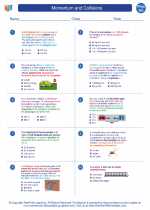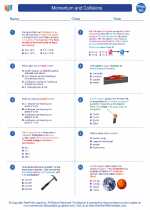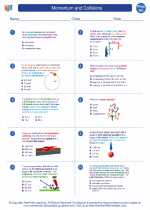Agriculture
Agriculture is the practice of cultivating plants and raising animals for food, fiber, and other products. It is an essential part of human civilization and has evolved over thousands of years to meet the needs of growing populations. Agriculture involves various practices such as crop cultivation, animal husbandry, soil management, and agricultural technology.
Key Concepts in Agriculture
- Crop Cultivation: This involves the planting, growing, and harvesting of crops such as grains, fruits, vegetables, and cash crops. It includes practices like seed selection, irrigation, fertilization, and pest control.
- Animal Husbandry: Animal husbandry is the breeding and raising of livestock for meat, milk, wool, and other products. It includes practices like breeding, feeding, housing, and healthcare for animals.
- Soil Management: Soil is a crucial component of agriculture. Soil management involves practices to maintain soil fertility, prevent erosion, and improve soil structure for sustainable crop production.
- Agricultural Technology: Advancements in technology have revolutionized agriculture. This includes the use of machinery, irrigation systems, biotechnology, and precision farming techniques to enhance productivity and efficiency.
Importance of Agriculture
Agriculture plays a vital role in providing food security, employment, and economic development. It also contributes to environmental sustainability and the preservation of rural communities. Understanding the principles of agriculture is crucial for addressing global challenges such as feeding a growing population, sustainable land use, and the impact of climate change on food production.
Study Guide for Agriculture
If you're studying agriculture, here are some key topics to focus on:
- Basic principles of plant biology and physiology
- Types of crops and their cultivation requirements
- Animal anatomy, breeding, and nutrition
- Soil composition, fertility, and conservation practices
- Agricultural economics and policy
- Emerging technologies in agriculture
Additionally, hands-on experience through internships or practical projects can provide valuable insights into the practical aspects of agriculture.
Good luck with your studies in agriculture!
.◂Physics Worksheets and Study Guides High School. Momentum and Collisions

 Worksheet/Answer key
Worksheet/Answer key
 Worksheet/Answer key
Worksheet/Answer key
